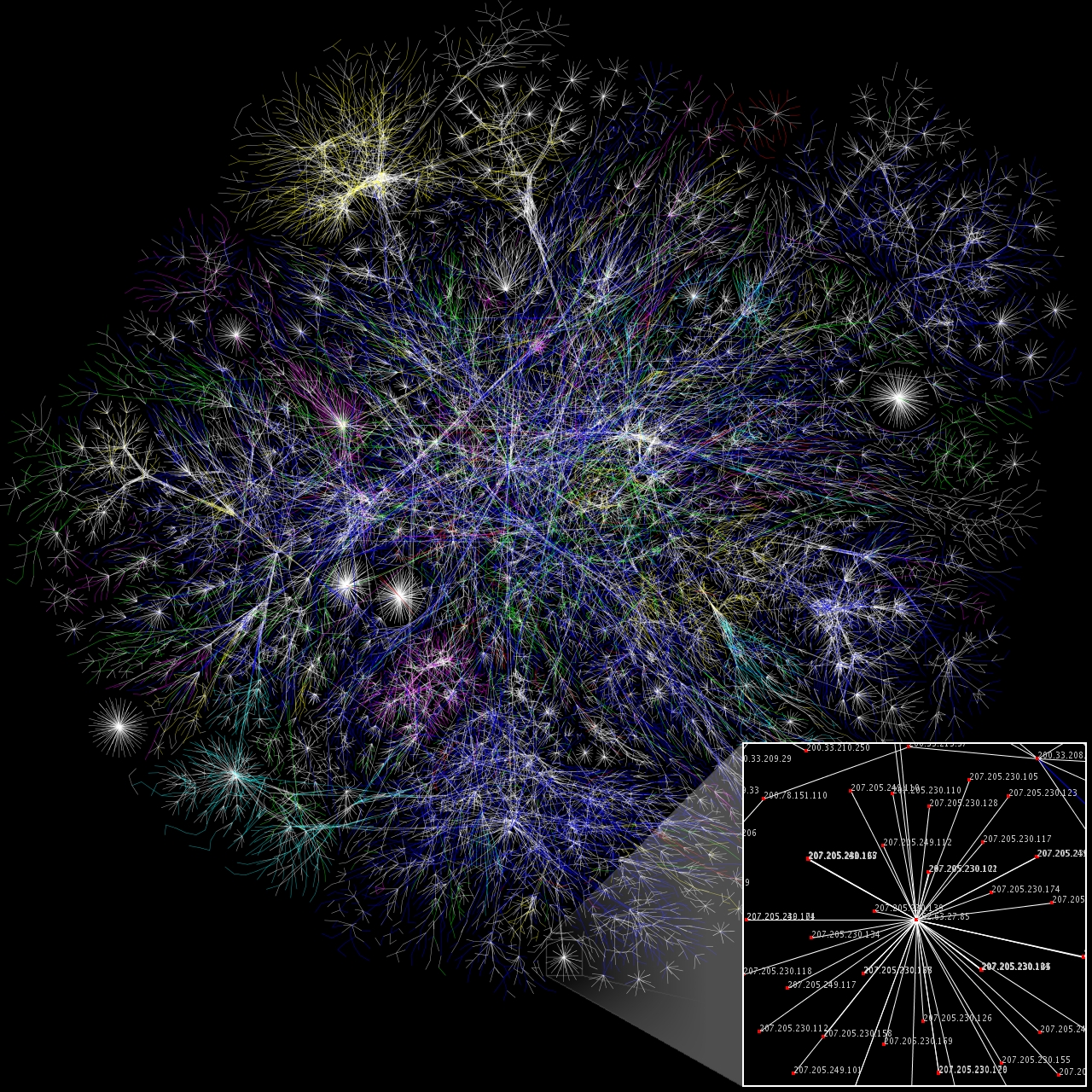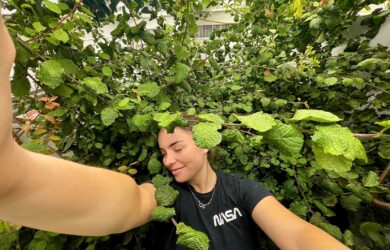
Lawrence Owusu on developing a passion for computer science and the main lesson Cambridge taught him.
Most of the computer science I use in my current job I learnt in Ghana, but the main thing I learnt at Cambridge was confidence and that I can sit in a room with the best brains in the world and will not be intimidated.
Lawrence Owusu
Lawrence Owusu’s biggest disappointment became his greatest opportunity. After being told he had not been accepted onto an architecture course in Ghana, he spent a year working at an internet cafe where he developed a passion for computer science.
That passion took him to Cambridge where he did his master’s and was the seed of a successful career in software development.
Lawrence was born in Nigeria and lived there until he was four when his parents moved back to Accra in Ghana. They had moved to Nigeria for work – his father was running a bakery business and his mother was a midwife. Lawrence is the eldest of five children.
He attended a mixture of state and private schools. He did well academically and was joint best student in his cohort at his junior secondary school. He then moved to Mfantispim School – the same high school that former UN Secretary General Kofi Annan had attended – where he boarded.
By the time he started at junior high school Lawrence knew he was more interested in science than in the arts, although he enjoyed technical drawing. At secondary school he took part in the school’s debating club and travelled across Ghana to take part in competitions. He was also became very engaged in his Christian beliefs at secondary school. “It was when I turned 11 that I discovered the importance of religion to me. It is core to everything I do,” he says.
Computer science
When he finished school he applied to university to do an ultra-competitive course in architecture, but due to a strike by university lecturers that year, only a tiny number of the top students were accepted. Lawrence says this was a very low point for him. “Many of my friends who had chosen subjects with less stringent admissions requirements were accepted. I felt like a failure,” he says.
That decision, however, was to change his life. Lawrence started working as manager of an internet cafe run by a family friend and developed a love of computers. “I had no idea about computers before that, but I was helping people to browse online and spent the year playing around with computers and helping people learn about them,” he says.
After a year he applied to do computer science at university and was accepted. Not only did that change the course of his career, but he also met the woman who was to become his wife on the course.
During his four-year degree course at Kwame Nkrumah University of Science and Technology [KNUST] he went the extra mile, driven by his enthusiasm for computer science. Tech was becoming huge outside Ghana and inside, it was a pioneering subject to take. Lawrence got the highest grade ever attained in his department.
He was also very involved in Christian organisations and was president of the one of the Christian unions on campus. As part of that work, he organised a summer vacation programme involving students going to remote villages to educate people about social and health issues and teach the Gospel at primary schools. “I had lived in the city and these people were very poor. You don’t see that level of poverty living in the city,” he says. “It really opened my eyes and, although they were poor, they ate more healthily than people in the city. The people eat what they grow. It is very organic.
Lawrence also co-founded the KNUST Linux Club. He says a lot of students in Ghana do courses because their parents think they are a good idea, but lack any enthusiasm or interest in them. “Many students in my class didn’t seem to want to do computer science so I organised classes to explain some of the course work to them and also introduce them to Linux,” he says.
He also worked as a teaching assistant in the computer science department and was a teaching assistant in the Ghana-India Kofi Annan Centre of Excellence in ICT during vacations.
At the end of his course Lawrence knew he wanted to continue in academia and do a master’s, but there were no universities in Ghana at that time which offered a master’s in computer science.
Cambridge
He applied for a scholarship in Australia, but didn’t get it. Then his wife requested an application pack for him to study at the University of Cambridge. “I thought it was a waste of time as it is so competitive,” said Lawrence. “She made me fill it in.” He got an interview and was shortlisted for two scholarships, including the Gates Cambridge Scholarship which he eventually won.
Lawrence was accepted to do an MPhil in Computer Speech, Text and Internet Technology and started in autumn 2007. He was keen to move away from theory and to use computer science to do something practical. He was interested in cutting edge research on programming computers to understand and interpret speech.
“It’s a difficult area because language is so complicated and not logical,” he says. In addition to the difficulty of the course, he was struggling with the cold UK weather and with cultural differences in how master’s courses are taught in the UK and in Ghana. In the UK, he says, there is much more emphasis on independent study. He overcame those challenges and finished his Cambridge course with distinction.
Lawrence says what he learnt at Cambridge has been invaluable in his job, but not perhaps in the way he had anticipated. “Most of the computer science I use in my current job,” he says, “I learnt in Ghana, but the main thing I learnt at Cambridge was confidence and that I can sit in a room with the best brains in the world and will not be intimidated.”
Lawrence attended Gates Cambridge events and after he finished his course he went back to Ghana with a fellow scholar to encourage other students to apply for the scholarship and to tell Ghanaian students that “they are better than they think they are”.
Soon after he left Cambridge, Lawrence married his girlfriend, who had been studying at LSE. The two soon started a family and now have three children, aged seven, four and two.
While he was at Cambridge, Lawrence was offered a job in Tessella – a software company close to Oxford and stayed there for eight months after his master's course, working as a software developer. He was made redundant during the recession and has been building financial software at various banks in London ever since. He has recently become a contractor and is currently working as a Senior Java consultant for Unicredit, a European bank, building foreign exchange (FX) pricing and trading systems.
On the side he has developed his own android app which brings together news from different media houses in Ghana in one place. Initially he did it for himself, but soon saw that there were potentially many Ghanaians living outside Ghana who wanted news from home so he put it on Google Play Store. The app has had over 100,000 downloads since. Lawrence is keen to develop further useful apps and has also signed up as a buddy for new African scholars studying in the UK.
Although his young family means he has to focus his time on work and family life, he is interested in using his skills for greater social impact.
*Picture credit: Internet backbone c/o Wikipedia.












